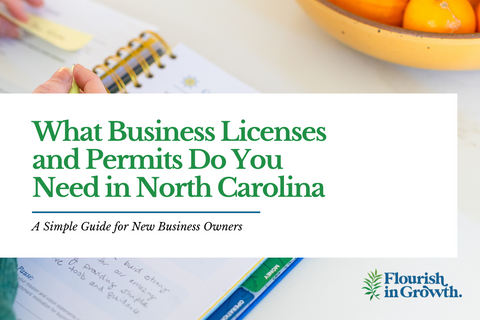The Three Legal Mistakes Your Startup is Making and How They Can Impact Your Business
Do I really need a lawyer for my new business?
by: Venus Liles and Cherith Roberson
Choosing a name and registering a business are often the first two steps founders take when starting a business. In fact, the top questions I get from new business owners are, “What legal entity should I choose? or, “Should I form an LLC or a Corporation?”
People in networking groups or social media platforms like Facebook may provide guidance on these topics. That’s a red flag because anyone giving you legal advice who isn’t your attorney could be unknowingly opening you and your business up to legal risk and costly mistakes. Although we always appreciate a friendly stranger on social media, skip getting legal advice there!
In the first edition of our Ask The Expert Series, we asked Venus Liles what the top mistakes are that she sees business owners make. Venus is a Startup Attorney and the Founder of Liles Law. She has helped founders build businesses and avoid legal mistakes for the last 14 years.
Top Mistake No. 1: Business Formation Issues
Most business owners form a legal entity (often an LLC or Corporation) with their Secretary of State’s office and then think they are fully protected. These templates do not include legal protections that a lawyer would otherwise be able to provide. Furthermore, while entity formation is an important first step, it isn’t sufficient for separating business risk from a founder’s personal assets and complying with applicable laws.

In addition, many business owners need an operating agreement, corporate consents, a BOI Filing, and other assistance during the entity formation stage that a licensed attorney can offer. This falls into the classic category of, “you get what you pay for” and the additional risk to business owners is that they are often unknowingly opening themselves and their businesses to legal risk that could easily be avoided.
A common example of this going wrong is choosing a business name that is too close to a competitor’s. You may choose a logo, design a website, print marketing collateral, and start making money before receiving a cease and desist letter stating that you can’t operate under that name. Not enjoyable; wouldn’t recommend! Here’s the difference between business name availability and trademark protection.
Top Mistake No. 2: Failing to Protect IP
You may not think you have intellectual property to protect if you haven’t invented a product, but there is more to protecting your business than patentable inventions. Intellectual property is often a business’ most important asset and founders need to be thinking about how to protect it from the outset. Your cousin is a graphic designer who created your logo for free? Great—but that logo doesn’t belong to the company without an explicit agreement stating so. You can’t rely on default state rules because those can change over time. Founders also need to think about IP as it relates to their company name (and motto and logo if they have them). Picking a name without a full trademark clearance search can mean they are infringing on another company’s registered trademark. Not pursuing trademark registration can mean they might have to change their name at any time. On the fence? Here are five reasons to register your trademark.
Another example of IP would be digital courses and products. Putting protections in place for your work gives you the ability to control how and when it’s used. There is a social media creator/educator who recently had their work stolen and used (word for word) by another creator. Having protections in place can help you license your work (another stream of revenue!) and prevent it from being used by others without permission.
Top Mistake No. 3: No Website Terms of Use
Websites should have Website Terms of Use. This is often found hyperlinked at the bottom of a webpage and may read like legal gibberish to the vast majority of us, but here’s why it matters: by operating a publicly facing website, any visitor of your site located anywhere in the world could have a claim against you (either valid or frivolous), ranging from copyright infringement, detrimental reliance, or your unknowing violation of applicable laws and regulations. For example, there have been a number of lawsuits recently claiming that certain business’ websites were not ADA compliant. If that claim is brought by someone in another state, you may have to travel there repeatedly over the next few years to defend yourself. Well-drafted Website Terms of Use created by an experienced business attorney can save you from litigious headaches and the resulting fees, which can sometimes bankrupt a small business.

Meet the Expert
Venus Liles is a Startup Attorney & Founder of Liles Law. As a fellow entrepreneur, she understands the challenges of balancing running a business with the other demands (and joys) of life.
 In addition to founding Liles Law, Venus has published a children’s book, started a dance popup series, and created a patent-pending software solution.
In addition to founding Liles Law, Venus has published a children’s book, started a dance popup series, and created a patent-pending software solution.After earning her Law Degree and a Masters in Cognitive Psychology at Duke University, Venus spent over a decade practicing business law at a prominent law firm and then a billion-dollar global software company. With a passion for helping the underdog, Venus founded Liles Law with a mission to radically change the access to legal resources for all entrepreneurs.
Venus ensures that each of her startup clients is as legally protected as the Fortune 500 companies she has helped in the past. Liles Law levels the playing field so that innovative and mission-driven businesses can continue to change the world.





